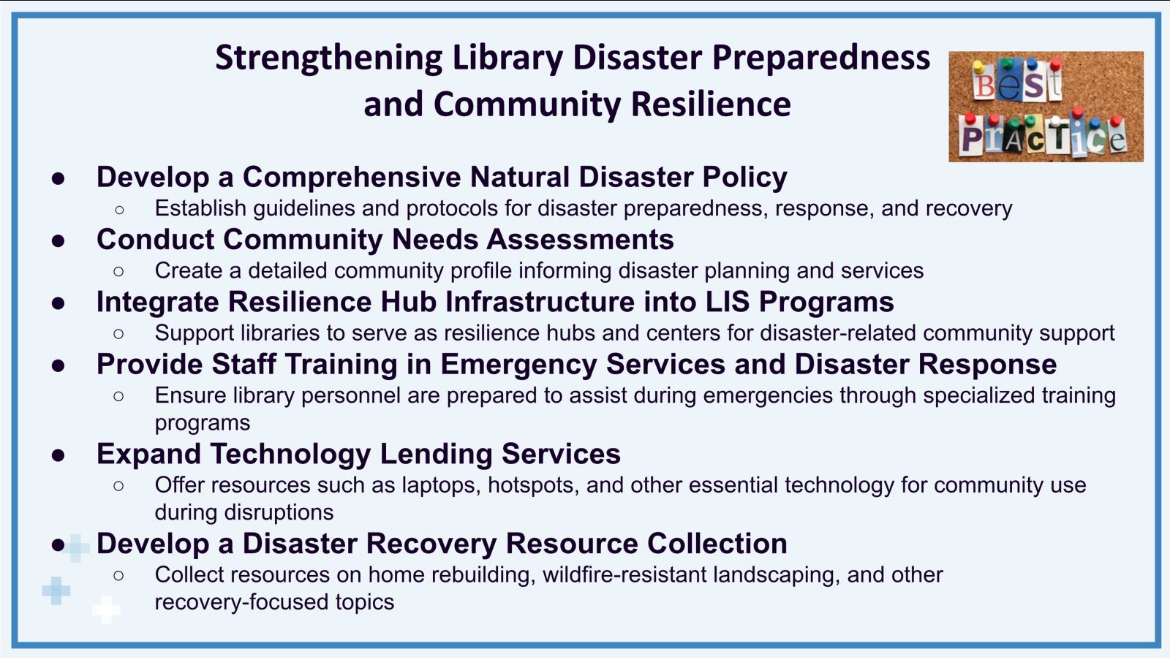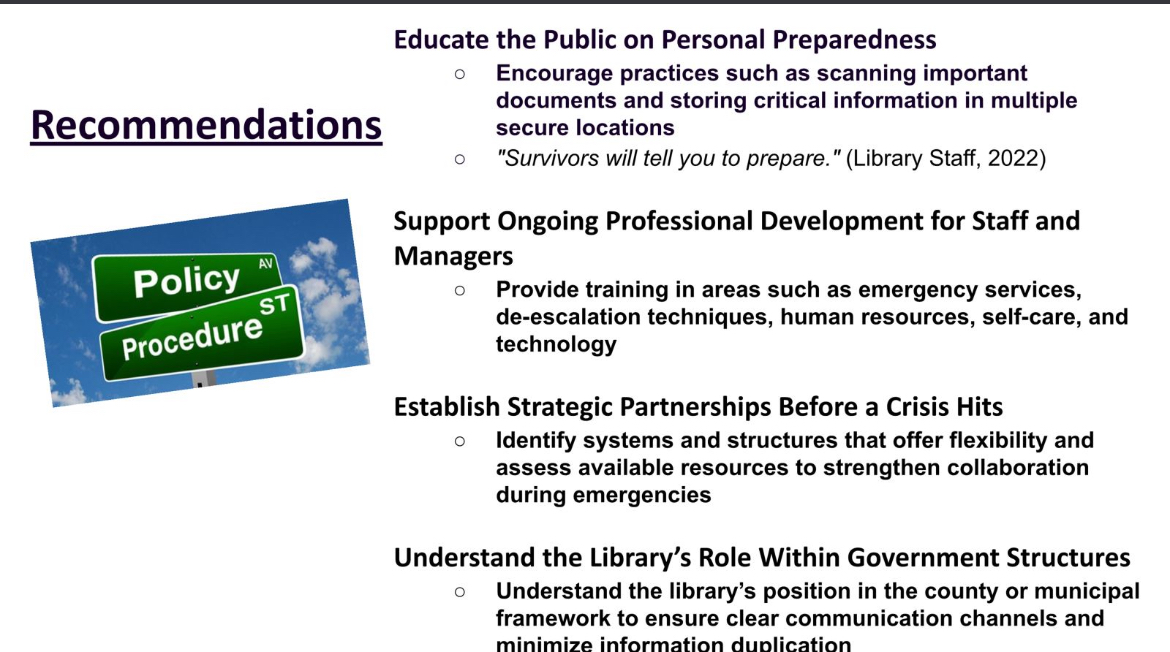Community, Concern, and a Vow to Keep Fighting | ALA Annual 2025
Amid the celebration of books and libraries was the undercurrent of a community under attack, with conversations and sessions at ALA Annual in Philadelphia centered around advocacy, democracy, and diverse books.
The feeling of a community rallying to support one another was palpable at ALA Annual in Philadelphia from June 26-30. There was solidarity and purpose, even hope and celebration with long, joyful lines for author signings and packed ballrooms for mainstage speakers.
But there was also the inescapable narrative dominating conversation and sessions: libraries, diverse books, vital funding, and intellectual freedom are under attack from the highest levels of government.
The most telling sign of the times? One of the most popular social media photo spots at the conference was the booth where the Institute of Museum and Library Services was supposed to be. The ALA’s Office of Public Policy and Advocacy took over the space to spread information about its Show Up for Our Libraries campaign, sharing instructions on writing to legislators and local media, and running library tours for important community members and stakeholders. Many sessions were dedicated to advocacy, with an attempt by some to change the narrative in the fight.
In a Saturday morning session entitled “Turning the Page Together: Anchored in Advocacy & Action,” author Ashley Hope Pérez discussed the ongoing fight against censorship and finding a new way to advocate for the long haul.
“I am going to shift us to thinking about what it looks like to turn the page and try something new in our advocacy for readers,” Pérez said.
Turning the page doesn’t mean book banning and the fight against it are over, she said.
“We have more bans than ever. We have more bad laws than ever,” she said. “But don't worry, my middle name is literally Hope. So I'm here for you.”
Pérez has been asking herself how she can continue the fight “for another five years, for another 10 years, for another 15 years, maybe for the rest of my career or my life?”
The way to do it, she said, is to “ensure that our advocacy and our action is rooted in a positive vision.”
Instead of focusing on the negative aspects and the outrage, it’s time to put the spotlight on the reason for the fight, she said. Advocacy based on outrage and anger, not centered on the reason for the fight, is not sustainable.
[READ: Catharsis and a Call to Action: ‘The Librarians’ at ALA Annual]
“It's gonna wear you out every time and leave you spent,” said Pérez. “And that's no good for leaders. We need advocates who can keep standing.”
After thinking about what the world she wants looks like, she came to this: Young people with full access to diverse, relevant, engaging literature.
 |
Ashley Hope Pérez |
“That's what every editor, publisher, author, librarian, educator I know who's focused on students wants,” she said, before acknowledging that it’s tough to name a dream that is so far from the current reality.
“But I've got some ideas about how we deal with that and what we do,” she said. “When we are doing this work, we're focusing on the future we want for readers, instead of the outrageous obstruction by book banners. The reason that's important is because our outrage takes energy. I'm not saying we shouldn't be outraged, but if that's where we're focused, our energy goes to that, and the book banners win.”
Instead, “bake the dream into every small action we take.” Pérez stressed reminding people how central and important literacy is and finding a way to keep up the advocacy by pacing yourself and combining it with things that bring you joy.
“Choose a pace you can sustain. Weave that advocacy into things you love. Let’s turn the page from doom and gloom.”
Preparation is paramount
In another Saturday session, Florida State University’s Denise M. Gomez and Marcia A. Mardis, along with Feili Tu-Keefner of the University of South Carolina School of Library and Information Science, Denise R. Lyons of the Kentucky Department for Libraries and Archives, and April Hobbs from the Network of the National Library of Medicine presented “Is Your Library Ready? Strengthening Community Resiliency with Inclusive Public Library Disaster Planning.”
Their slides outlined the keys to being ready for and responding to a disaster.


Social media magic with influencers
Staff from the Library of Congress (LOC) presented a session entitled “Bookstagrammers are People Too: Boosting Library Engagement with Influencer Marketing,” walking attendees through some of the biggest social media moments for the LOC and the impact they had, then the ongoing efforts to engage the audience following the wave of publicity. The presentation focused largely on Lizzo’s visit to the Library and borrowing of James Madison’s flute for her concert in September 2022.
Regarding the value of influencer marketing, Nicholas A. Brown-Cáceres, assistant chief of the Library of Congress’s music division, said that “compared to traditional marketing or digital marketing, there is no marketing budget, ever, in the history of the library world, that is going to be able to get you these kinds of results. Granted, this was a bit of a fluke, but there are a lot of things that you can do like this on a smaller scale.”
LOC staff recommends establishing clear goals and target outcomes. Here is additional advice that can be adjusted to fit any organization or institution:
Connect with influencers: Cast a wide net, ask colleagues and community members for recommendations, don’t limit yourself to library and book people, and understand the platform strengths of the people considered.
Establish expectations: Discuss where your interests align and understand what excites them and will motivate their engagement with your library or organization.
Compensation and benefits: Respect the person’s expertise and time and offer compensation or in-kind benefits such as an honorarium, visibility, networking opportunities, etc.
[READ: Unbowed, Carla Hayden Opens Up at ALA Annual]
George Takei talks democrarcy
The theme of libraries and democracy was prevalent across many conference sessions. In his main stage address, actor, author, and activist George Takei described the importance of an informed citizenry to a packed ballroom on Saturday morning.
“I want to thank all librarians, because you are the pillars of our democracy. Democracy is dependent on an informed public, and you are the keepers of that information and guides to that information,” said Takei.
Part of Takei’s childhood was spent imprisoned in a Japanese American incarceration camp with his family during World War II. That experience shaped his life as an advocate for social justice and LGBTQIA+ rights. His latest book, It Rhymes with Takei, is a graphic memoir that describes his experience as a closeted gay man who made the decision to come out at 68.
His message to librarians was grounded in the words his father often shared with him when quoting Abraham Lincoln’s Gettysburg Address—that a government “of the people, by the people, for the people” requires active participation and that libraries, in Takei’s opinion, are an important part of a sound, functioning democracy.
Speaking truth and staying the course
In her acceptance speech for the 2025 Children’s Literacy Legacy Award (before leading the award banquet attendees in multiple verses of "This Little Light of Mine"), author Carole Boston Weatherford spoke about her books and their particular importance in these times.
“My books bear witness to African American traditions, trials, trauma, and triumphs.
“I have found that my books do double duty, educating children and adults alike. After all, most adults never learned about bibliophile Arturo Schomburg, voting rights activist Fannie Lou Hamer, civil rights organizer Bayard Rustin, or the Tulsa Race Massacre. Sadly, subjects like these are under siege. In recent DEI purges, the stories of the Tuskegee Airmen, Jackie Robinson, and Harriet Tubman—all of whom appear in my books—were whitewashed or deleted from federal websites.
“Know this: Black history is too epic to erase. Regardless of how the wind blows, I am committed to staying the course—for our children, for our future. Librarians, teachers, authors: we are in this boat together. The sea may be wide, but to paraphrase Langston Hughes, our souls have ‘grown deep like the rivers.’ And the most powerful force is not air, water, or earth, but freedom.”
RELATED
The job outlook in 2030: Librarians will be in demand
The job outlook in 2030: Librarians will be in demand
ALREADY A SUBSCRIBER? LOG IN
We are currently offering this content for free. Sign up now to activate your personal profile, where you can save articles for future viewing






Add Comment :-
Be the first reader to comment.
Comment Policy:
Comment should not be empty !!!